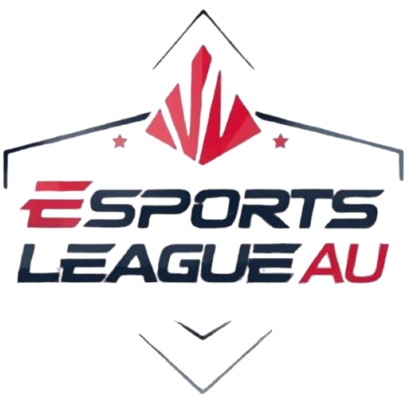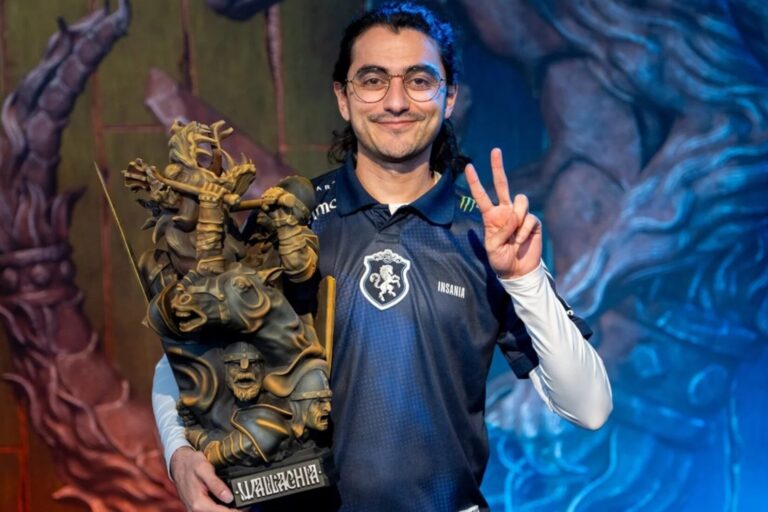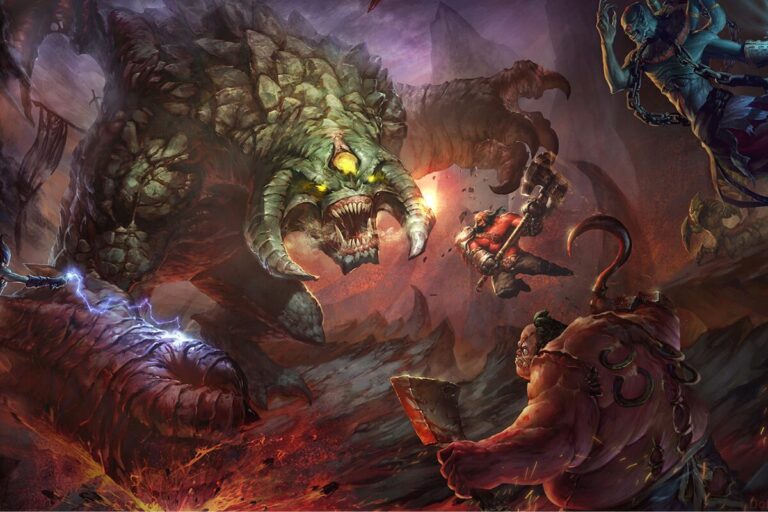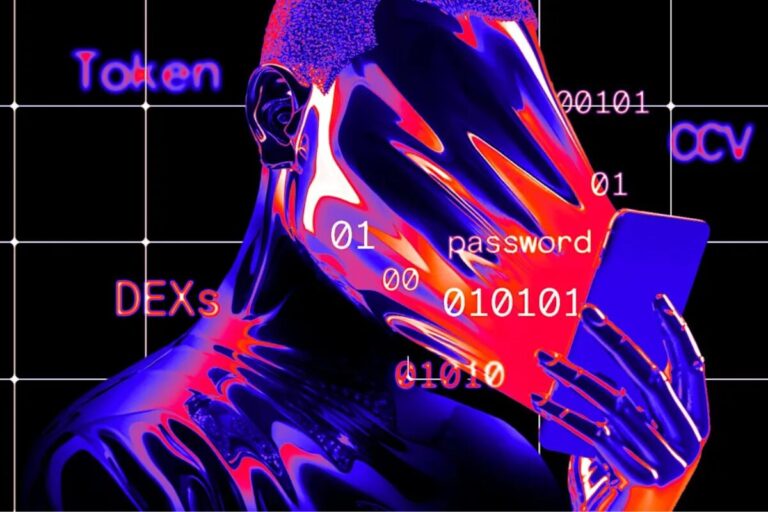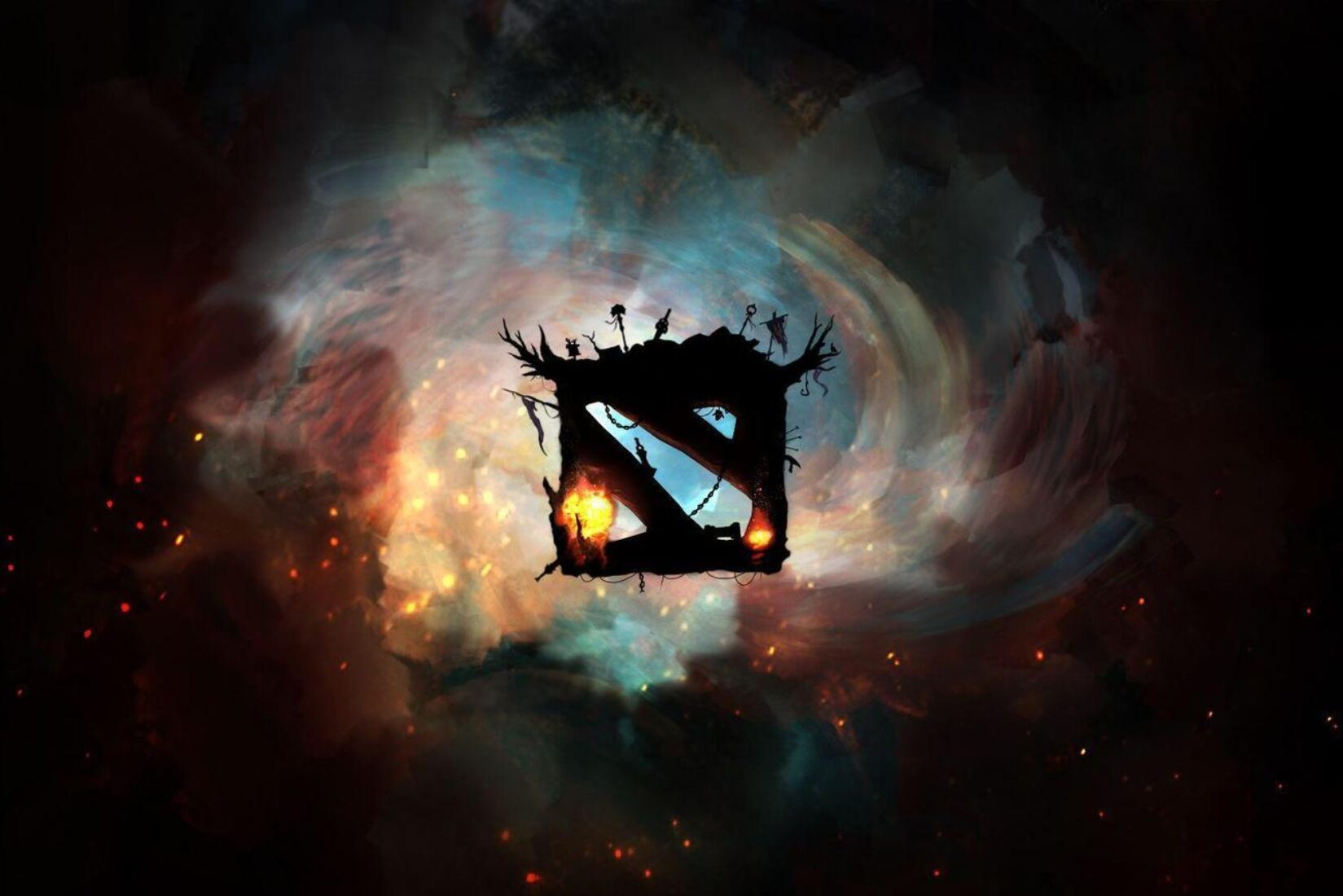
The SEA Dota2 Player Interviews capture a region defined by passion, unpredictability, and relentless creativity. For over a decade, Southeast Asia has produced household names like Mushi, TIMS, Mac, and Bob—each leaving their mark on global tournaments despite the region’s elusive chase for the Aegis of Champions.
In recent years, SEA’s Dota 2 ecosystem has balanced between legacy and renewal. Events such as the Asia Pacific Predator League 2025, hosted at MITEC in Malaysia, have reignited regional pride and rivalry. Beneath the competition, however, lies a deeper story—of resilience, cultural identity, and ambition. This feature explores the minds and motivations of the region’s top Dota 2 figures who continue to carry SEA’s banner into every battle.
Quick Look
Mushi’s Perspective – SEA Dota2 Player Interviews
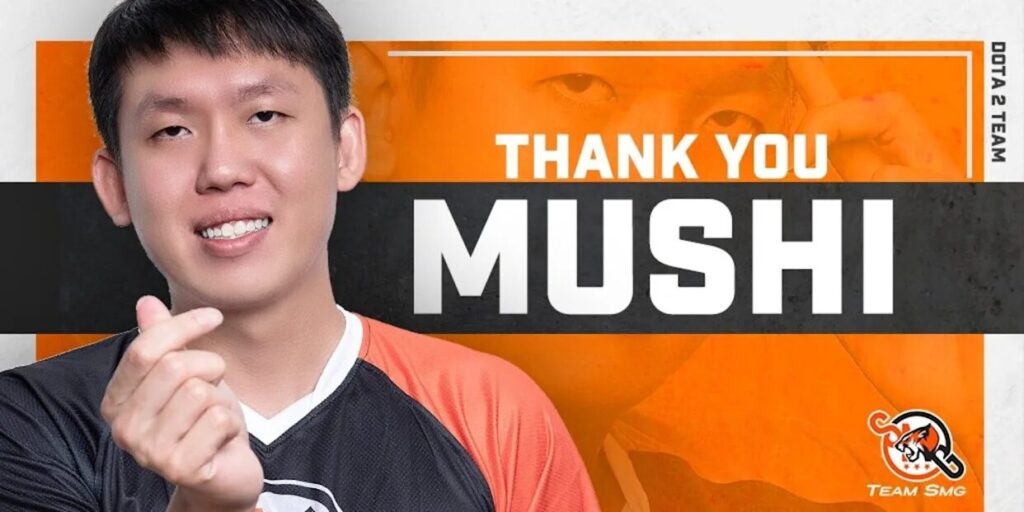
Source: Yahoo
Few names resonate as strongly as Chai “Mushi” Yee Fung, a Malaysian legend turned Boom Esports coach and Acer Predator League ambassador. In his candid interview, Mushi paints a clear picture of SEA’s greatest strength and its biggest obstacle:
“There’s no shortage of talent here—only competitiveness.”
Mushi’s insights reflect more than just technical analysis; they touch on cultural realities. According to him, SEA players often find contentment too early, while their Western counterparts continue to push boundaries through structured training and relentless discipline. The result? Inconsistency, not incapability.
His coaching philosophy focuses on unity—what he calls “lacking five of these players,” referring to the region’s need for synchronization and shared purpose. He credits current regional giants like Talon Esports and Aurora for maintaining that drive, noting them as the current benchmarks for SEA excellence.
The Next Generation – SEA Dota2 Player Interviews

Beyond the veterans, a wave of hungry young rosters has emerged—teams like Ivory Esports embody this new spirit. Confident yet grounded, they’ve made a name for themselves by taking down stronger opponents while learning from those who came before.
Their mindset mirrors a generational shift in SEA Dota 2:
- Optimism over pressure – Players believe they can stand toe-to-toe with regional titans.
- Guided ambition – Learning from veterans such as Mushi, while building their own identity.
- Cultural pride – Representing their nations while adapting to an increasingly global stage.
Players like Bob and Erice, both from the Philippines, represent the perfect bridge between SEA’s old and new eras—where individual talent meets collective purpose. The next generation isn’t just playing to win; they’re playing to sustain SEA’s legacy.
The Predator League Stage

The Asia Pacific Predator League 2025 was more than a tournament; it was a showcase of Southeast Asia’s competitive soul. Hosted in Kuala Lumpur’s MITEC, it drew some of the best teams from the region, reigniting friendly rivalries and national pride.
Event Highlights:
- ZOL Esports (Philippines): Claimed the Valorant silver medal, stunning Boom Esports before falling to Alter Ego.
- Ivory Dota 2 (Philippines): Reached the semi-finals but bowed out to Myth Avenue Gaming (Malaysia), led by veterans Bob and Erice.
While Philippine teams narrowly missed reclaiming the Predator Shield, their resilience earned respect across the region. The event became symbolic—a proving ground for SEA’s evolving professionalism, structure, and emotional fortitude. It highlighted that SEA’s struggle isn’t about skill—it’s about consistency, collaboration, and maturity under pressure.
Culture, Competitiveness, and the SEA Identity
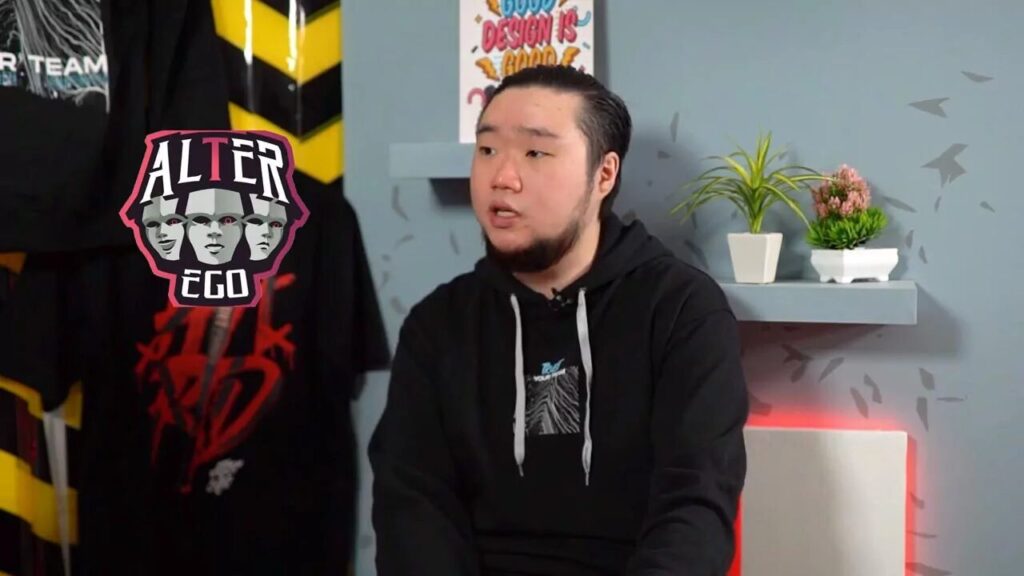
Perhaps the most intriguing takeaway from the SEA Dota2 Player Interviews lies in culture. Mushi’s reflections speak volumes about how Southeast Asian values influence esports performance.
Cultural strengths:
- Adaptability and creativity under chaotic circumstances.
- Emotional gameplay that translates into daring, high-impact strategies.
- A sense of camaraderie and humor that keeps teams grounded.
Challenges:
- Complacency born from comfort zones.
- Lack of structured, long-term development systems.
- Emotional inconsistency that affects competitive focus.
Across the region, different nations bring unique flavors to this cultural mix:
- Philippines: Renowned for emotional resilience and community-driven motivation.
- Malaysia: Home to strategic leaders like Mushi, blending leadership and humility.
- Indonesia: Rising through structured organizations such as Boom Esports and Alter Ego, proving that discipline can coexist with SEA flair.
Together, these dynamics form the region’s identity—a melting pot of passion and unpredictability that continues to define SEA Dota 2’s global appeal.
The Road Ahead for SEA Dota 2
As the interviews reveal, SEA’s future isn’t hindered by talent—it’s waiting for transformation. The region stands at a crossroads where experience meets ambition. With mentorship from veterans like Mushi, emerging players and coaches have the opportunity to reshape SEA’s competitive narrative.
The key lies in unity—five players sharing one mindset, one rhythm, and one vision. The voices captured through these SEA Dota2 Player Interviews echo a shared belief: that while the Aegis of Champions remains elusive, Southeast Asia’s story is far from over.
With passion as its foundation and introspection as its compass, SEA’s Dota 2 scene continues to evolve—louder, prouder, and closer than ever to its long-awaited international breakthrough.
